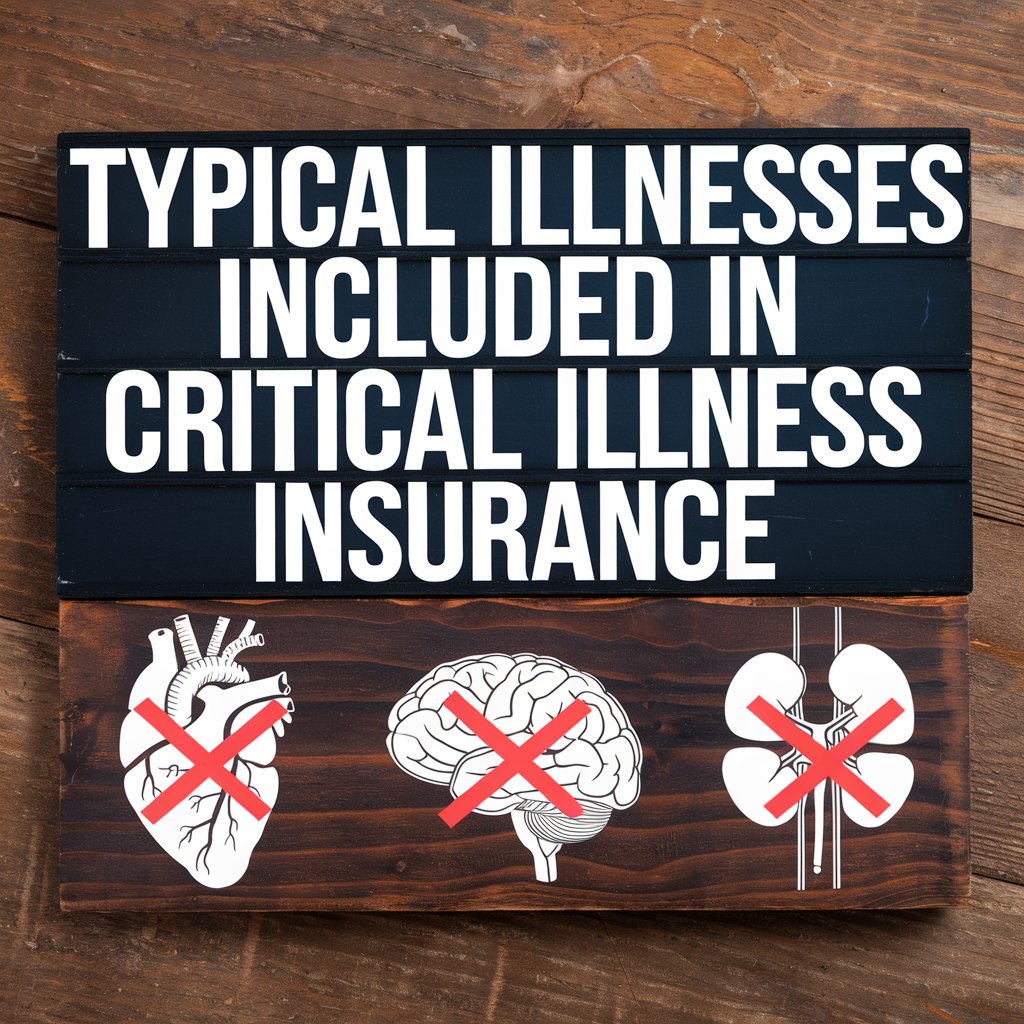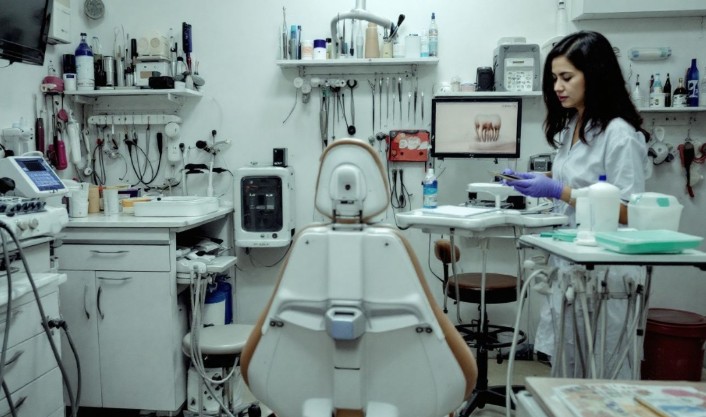After an accident caused by another party’s negligence, experts always recommend that the first thing to do is seek medical attention and document your injuries, regardless of how minor the injuries may initially appear.
Medical attention not only aids in your recovery but also provides a timeline, links damages to incidents, and serves as proof for compensation requests. At a certain point, you would like to have an attorney by your side. At this stage, getting in touch with attorney Russell Berkowitz of Berkowitz Hanna Malpractice & Injury Lawyers can prove to be quite useful.
Let us explore the important role of medical records in Connecticut’s personal injury claims.
Type of Medical Records Attorneys Require
Your personal injury attorney may need various types of medical records to establish your case. They will need emergency room reports and diagnostic tests, including X-rays or MRIs, which could directly link your injuries to the accident.
Ongoing treatment notes from physical therapy, follow-up visits, or specialists are also very relevant. They can depict a recovery process and show any long-term effects you’re facing, thus helping to strengthen the claim for future damages.
Prescription histories will be equally relevant. Such documents point out efforts at pain management and how such injuries have disrupted one’s life.
The Impact of Medical Documentation on Compensation
Detailed medical records directly affect the value of a personal injury claim. Judges, juries, and insurance adjusters all need these records to determine the severity of injuries and the financial recovery deserved.
Records of consistent treatment timelines solidify your case. Gaps or incomplete notes in the records could make insurers question either the severity or the cause of your injuries.
Medical records also serve to document your claim of non-economic damages due to pain or emotional suffering. Without thorough records that connect these hardships to the accident, you risk losing a critical part of your settlement value.
Privacy Laws and Sharing Medical Records in Connecticut
Sharing medical records for a personal injury claim, your privacy is well protected under HIPAA regulations and state laws. Access to these documents can only be allowed to the concerned attorneys or insurers who are part of the case.
Connecticut law ensures that medical disclosures are limited to relevant information. Sensitive details unrelated to the injury cannot be used without explicit permission. This safeguard helps maintain your dignity during legal proceedings.
In order to get the records out in the open, you will likely need to sign some form of authorization. Knowledge of such needs avoids the unnecessary delay of your claim.
Common Mistakes When Handling Medical Evidence
Insurance companies often scrutinize medical records for inconsistencies. Overlooking gaps in treatment or failing to attend follow-up appointments weakens your claim, suggesting injuries might not be severe. Insurance companies also usually try to minimize claims, a tactic that lawyers can deal with in a sound manner.
You should also be careful not to submit incomplete or disorganized documentation to your attorney. Missing critical records, like diagnostic tests or specialist reports, can lead to delays or reduced compensation offers.
Another common mistake is oversharing of medical history. If you provide information that is not relevant, you could be giving insurers the ammunition to argue that pre-existing conditions brought about your injuries.
Utilizing Expert Testimony with Medical Evidence
Medical experts add great credibility to an injury claim by breaking down complex details into simple explanations. Their testimony helps explain how the accident caused specific injuries and why certain treatments were required.
In cases of severe or long-term injuries, specialists are able to project future medical costs and recovery challenges. This provides substantial insight into the claim for continued care or loss of earning capacity, thus putting you in a better bargaining position.
Conclusion
Attorneys often use expert opinions to counter the arguments of insurance company-hired professionals. This, in combination with proper medical records, is an effective strategy for building a compelling case for fair compensation that is more difficult to dispute.






